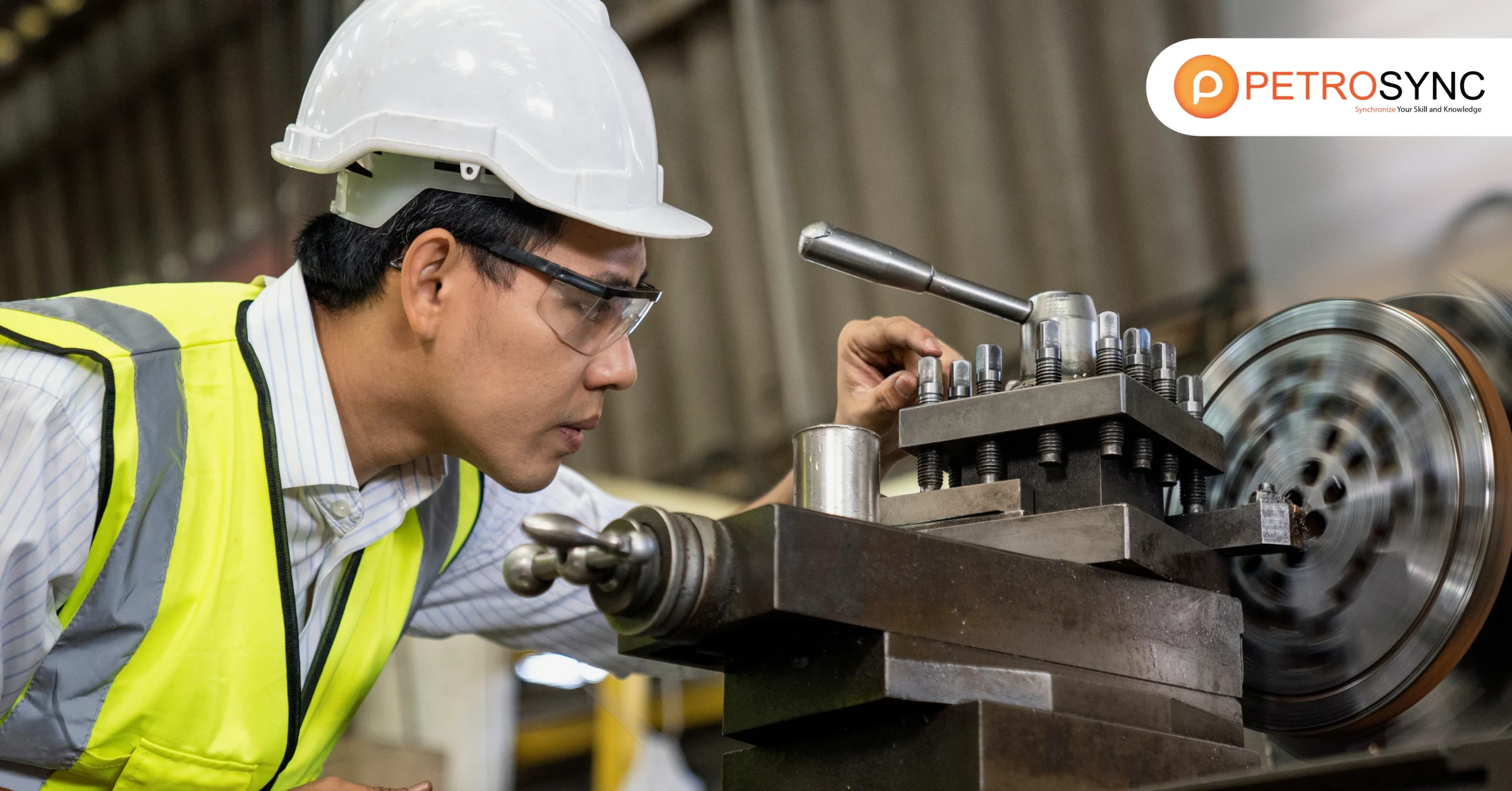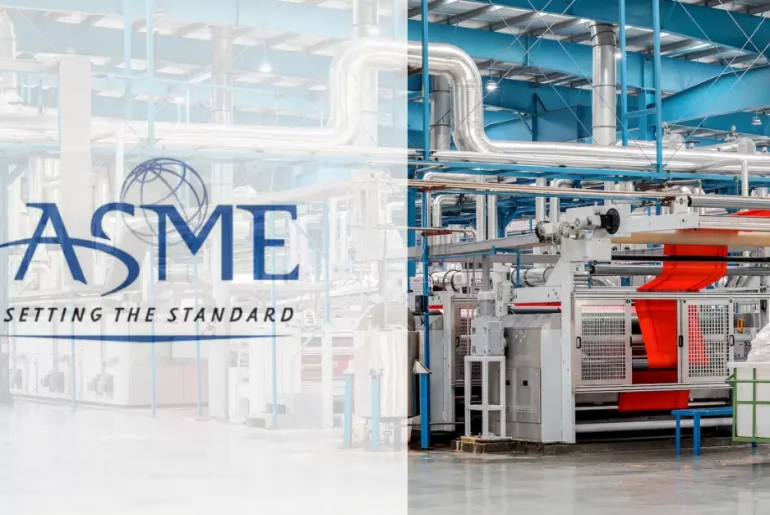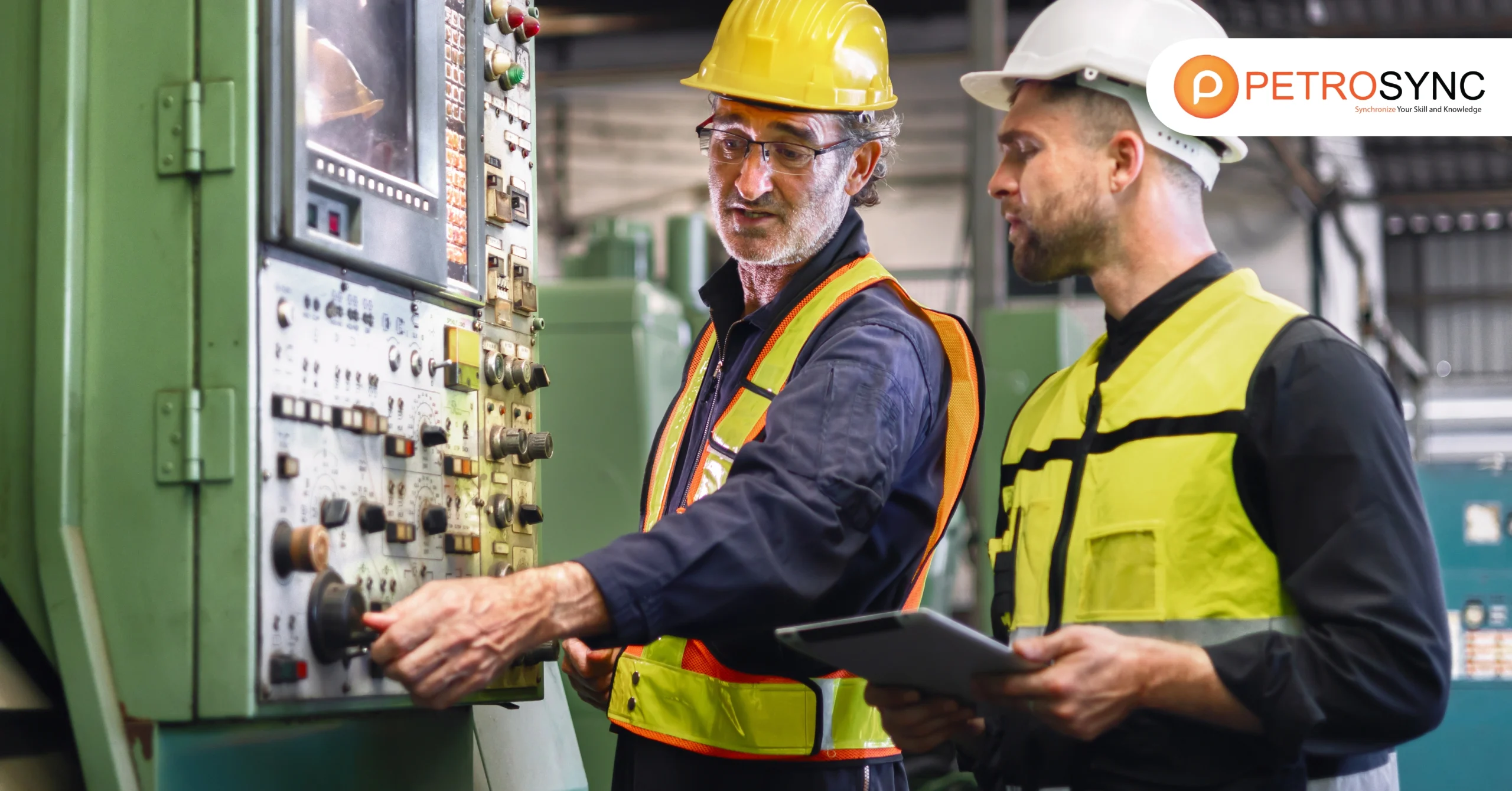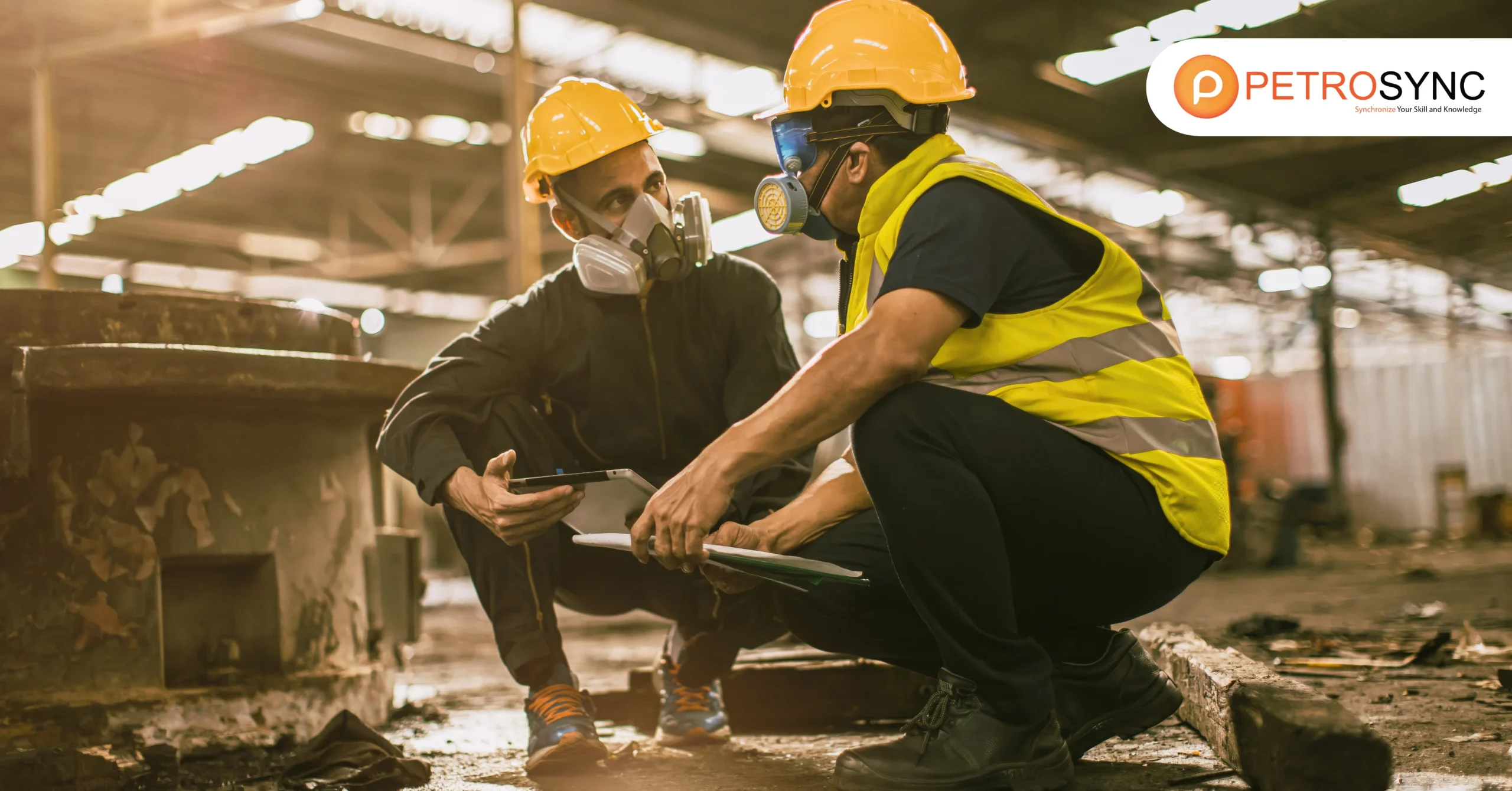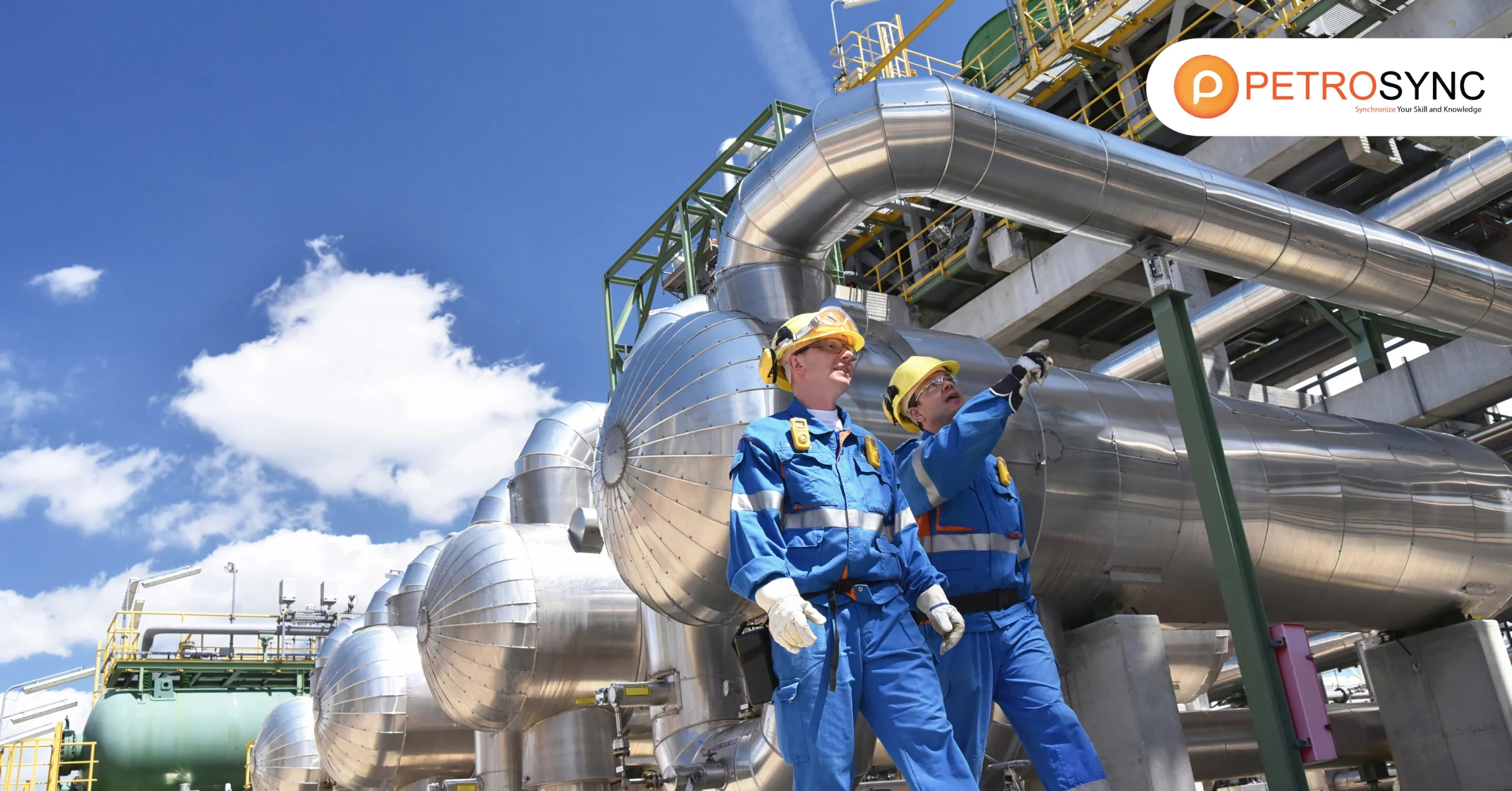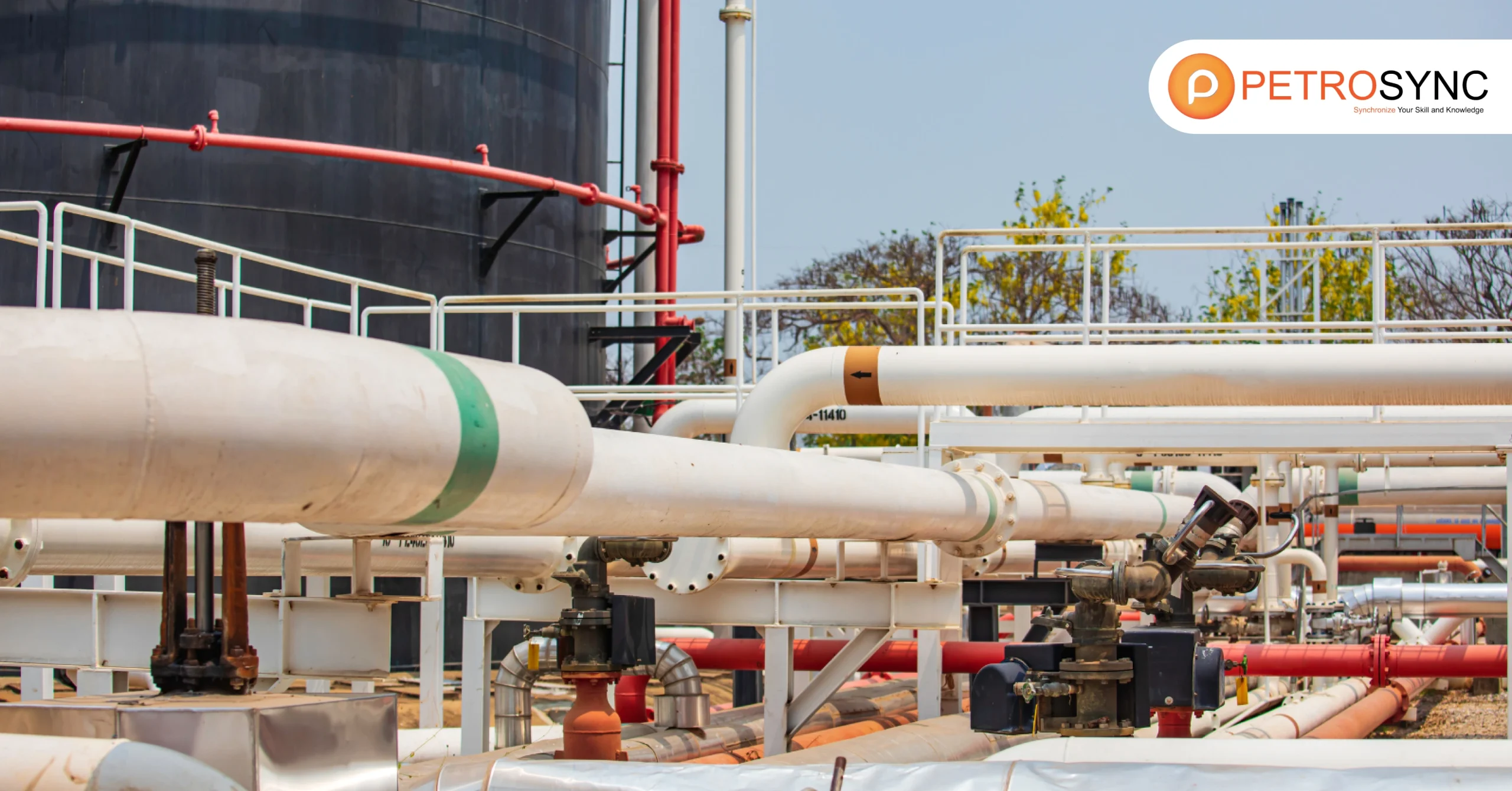The refining business typically faces issues associated with equipment wear and tear caused by numerous degradation processes. When not addressed effectively, these concerns can result in expensive maintenance costs, operational disruptions, and potential safety hazards. Engineers, inspectors, and maintenance teams…
Oil and gas, petrochemical, and energy industries all require high levels of equipment reliability. Understanding the damage mechanisms that affect equipment improves the integrity of refining processes. Here is where API 571 certification comes into play. This qualification equips professionals…
The American Society of Mechanical Engineers (ASME) has been instrumental in driving industrial innovation and excellence. For nearly a century, ASME has developed standards improving safety, reliability, and quality in engineering, manufacturing, and construction. ASME standard are an essential part…
In the oil and gas, petrochemical, and energy industries, equipment safety and reliability are vital. One of the most important standards utilized to accomplish this is the API 579 standard, which focuses on Fitness-For-Service (FFS) exams. Understanding this standard and…
Understanding crude oil inventories is essential for traders, investors, and industry professionals. Crude oil inventories represent the amount of crude oil held in storage at a specific time. These stocks can indicate how much oil is available to meet global…
In today’s competitive energy sector, especially within oil and gas, petrochemical, and energy industries, efficient maintenance and reliability are critical to operational success. With technological advancements and increasing complexity in industrial operations, the demand for certified maintenance and reliability professionals…
Knowledge of effective tank inspection and maintenance is critical in the demanding industries of oil and gas, petrochemicals, and energy. The API 653 course provides critical training, educating professionals with the skills and knowledge needed to undertake tank inspections in…
If you’re involved in the oil and gas, petrochemical, or energy industries, you understand the importance of certifications that validate your expertise and compliance with industry standards. One of the key certifications in the field of pressure vessel inspection is…
In the realm of API 936 training, knowledge and opportunity collide. This training will go into greater detail on assuring the integrity and dependability of materials and installations as primary factors. So that participants in this program can succeed in…
In the ever-evolving domain of the oil and gas sector, the utmost importance lies in the dependability and security of piping systems. This is precisely where the API 570 standard assumes a fundamental role, serving as a cornerstone to ensure…

